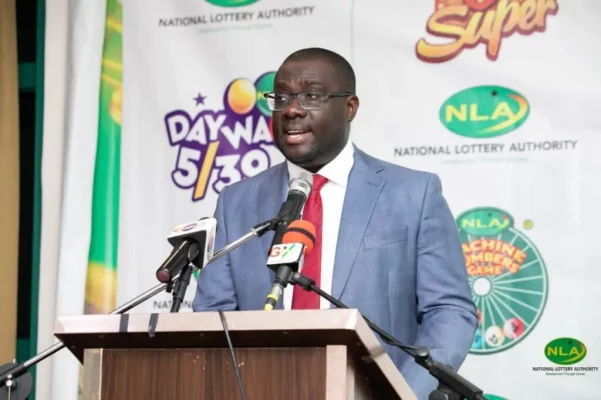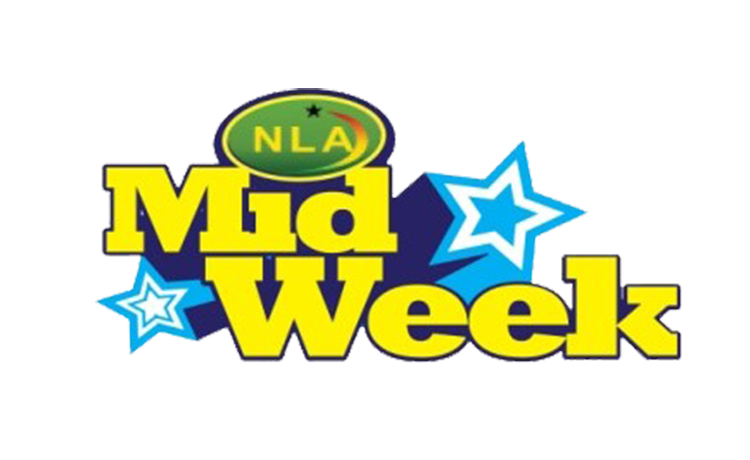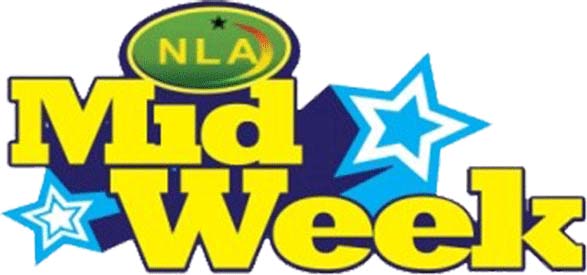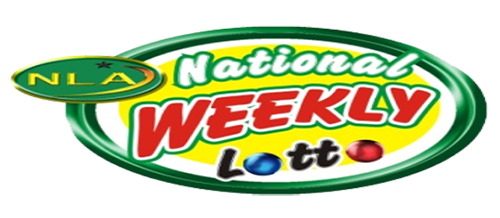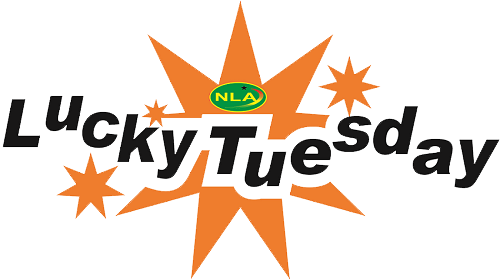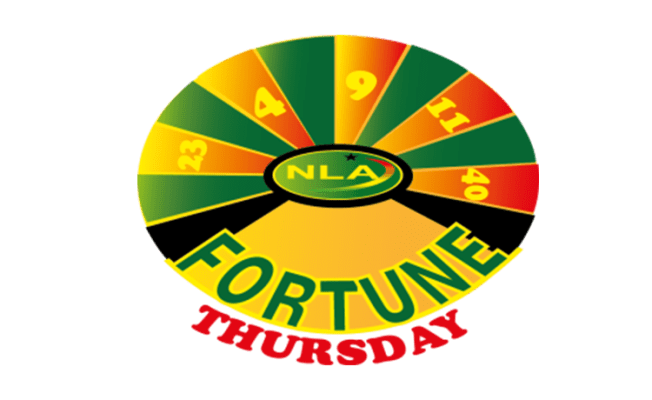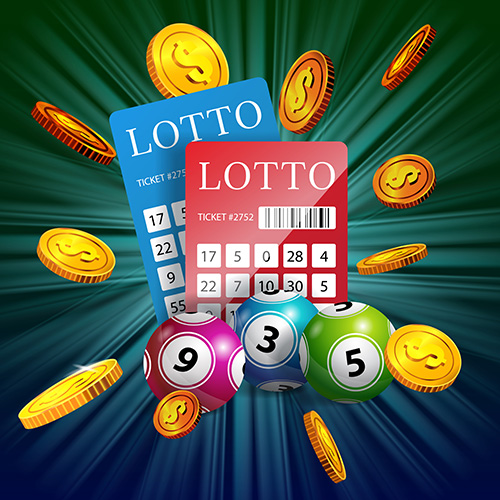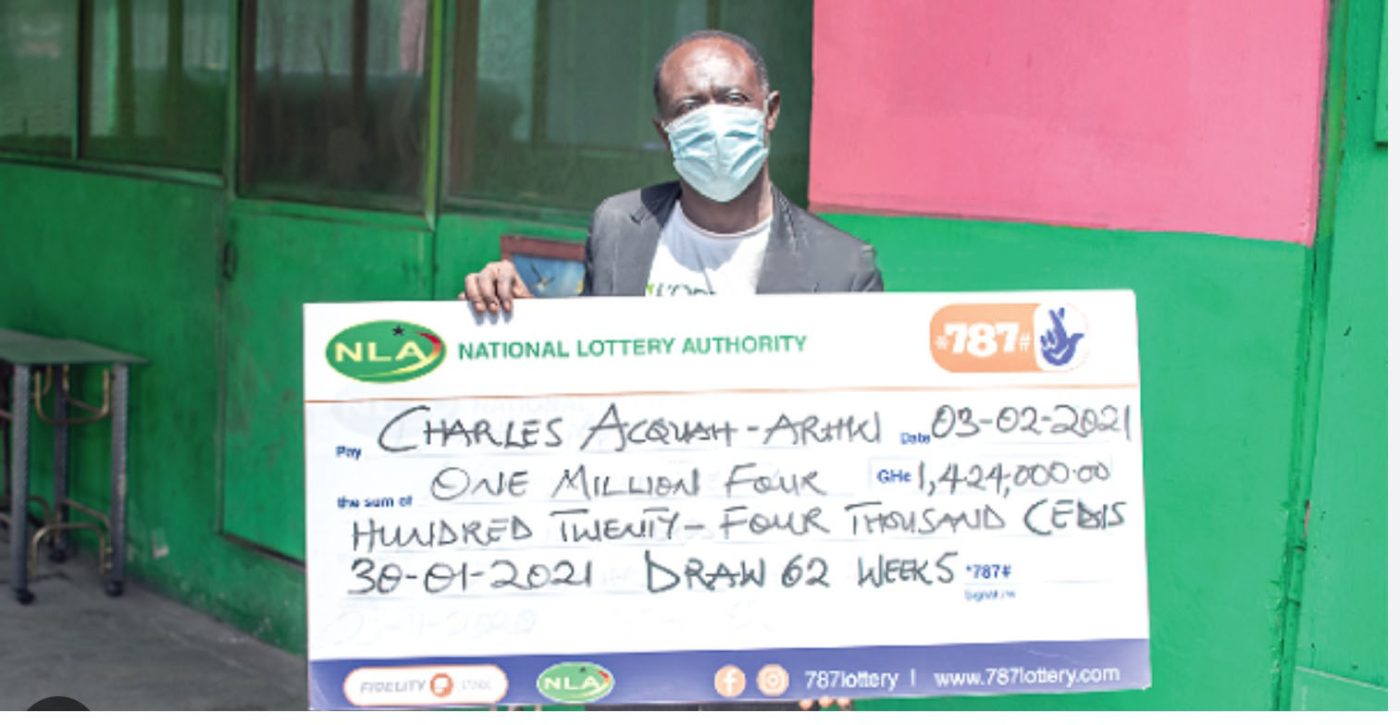History of National Weekly Lotto – Ghana

An Overview of Its Evolution and Impact
The National Weekly Lotto has become a significant part of Ghana’s social fabric since its inception in 1958. This lottery was not only a means of entertainment but also a source of funding for various national projects, showcasing its importance to Ghanaian society. Over the years, the National Lotto Authority (NLA) has expanded its offerings, evolving alongside changes in public interest and technology.
Ghanaians remember the excitement that surrounds each draw, where millions eagerly await the results. The wide distribution of lottery kiosks and the regular airing of results on national television highlights its popularity. As part of its commitment to transparency and public trust, the lottery has adapted to meet the needs of its players, ensuring that it remains relevant in a changing society.
The story of the National Weekly Lotto is one of growth, community, and impact. It illustrates not just a game of chance, but also a reflection of societal values, community engagement, and contribution to the nation’s development.
Key Takeaways
- The National Weekly Lotto began in 1958 and became crucial for funding national initiatives.
- Lottery draws create excitement and engagement among Ghanaians across the country.
- The National Lotto Authority has adapted to meet changing public interests over the years.
History and Evolution of the National Weekly Lotto
The National Weekly Lotto was established in Ghana in 1958 with the aim of raising funds for national development. The National Lotto Authority, which oversees the operation, was created to ensure that lottery activities were conducted fairly. Initially, the lotto was played mainly by the urban population, who saw it as a means to improve their livelihoods. The game featured a simple format, allowing players to select numbers in hopes of winning cash prizes. This marked the beginning of organized lotteries in Ghana, setting the stage for later developments.
Milestones and Changes in Structure
In the years following its inception, the National Weekly Lotto underwent several changes. In 2006, the National Lottery Authority was formally mandated to regulate all lotteries in Ghana, consolidating control and improving oversight. The introduction of the “Sunday Aseda” draw was a notable milestone, providing players with additional opportunities to win. Over time, the structure of the game evolved to include multiple draw days and increased prize tiers, which attracted a wider audience. These changes reflected shifts in consumer interest and the desire for greater transparency in lottery operations.
Expansion and Modernisation
The last decade has seen significant expansion and modernisation of the National Weekly Lotto. The rise of digital technology has transformed how players engage with the game. Online platforms and mobile applications have made it easier to purchase tickets and check results. The authority has also focused on responsible gambling initiatives to protect vulnerable players. As a result, there has been an increase in participation among younger demographics, signalling a shift in Lotto culture in Ghana. The continuous adaptation of the National Weekly Lotto ensures its relevance in a changing society.
Lotto’s Role in Society and Contributions
Lotto, particularly through the National Lottery Authority in Ghana, plays an important role in various aspects of society. It raises funds for good causes and impacts the economy. This section explores these contributions in detail.
Funding Good Causes
The National Lottery Authority channels significant funds from lotto sales into community projects. This includes education, healthcare, and infrastructure development. A portion of the revenue generated supports initiatives that directly benefit Ghanaians.
- Education: Lotto funds help build schools and provide scholarships for underprivileged students.
- Healthcare: Money from the lotto contributes to hospitals and health programmes, improving public health services.
- Community Projects: Local projects, such as water supply and sanitation improvements, are often funded by lottery revenues.
Such funding is crucial in addressing various social issues and promoting development across the country.
Economic Impact
Lotto contributes to Ghana’s economy in several ways. The National Lotto Authority generates revenue that boosts government finances. This, in turn, can enhance public services and build infrastructure.
- Job Creation: The lotto network creates jobs in distribution, sales, and administration, helping to reduce unemployment rates.
- Tourism: Big jackpots attract attention, sometimes even from tourists, which can positively influence the economy.
- Small Businesses: Lottery kiosks provide opportunities for small business owners, promoting entrepreneurship.
These economic contributions illustrate how lotto significantly impacts daily life and community wellbeing in Ghana.



